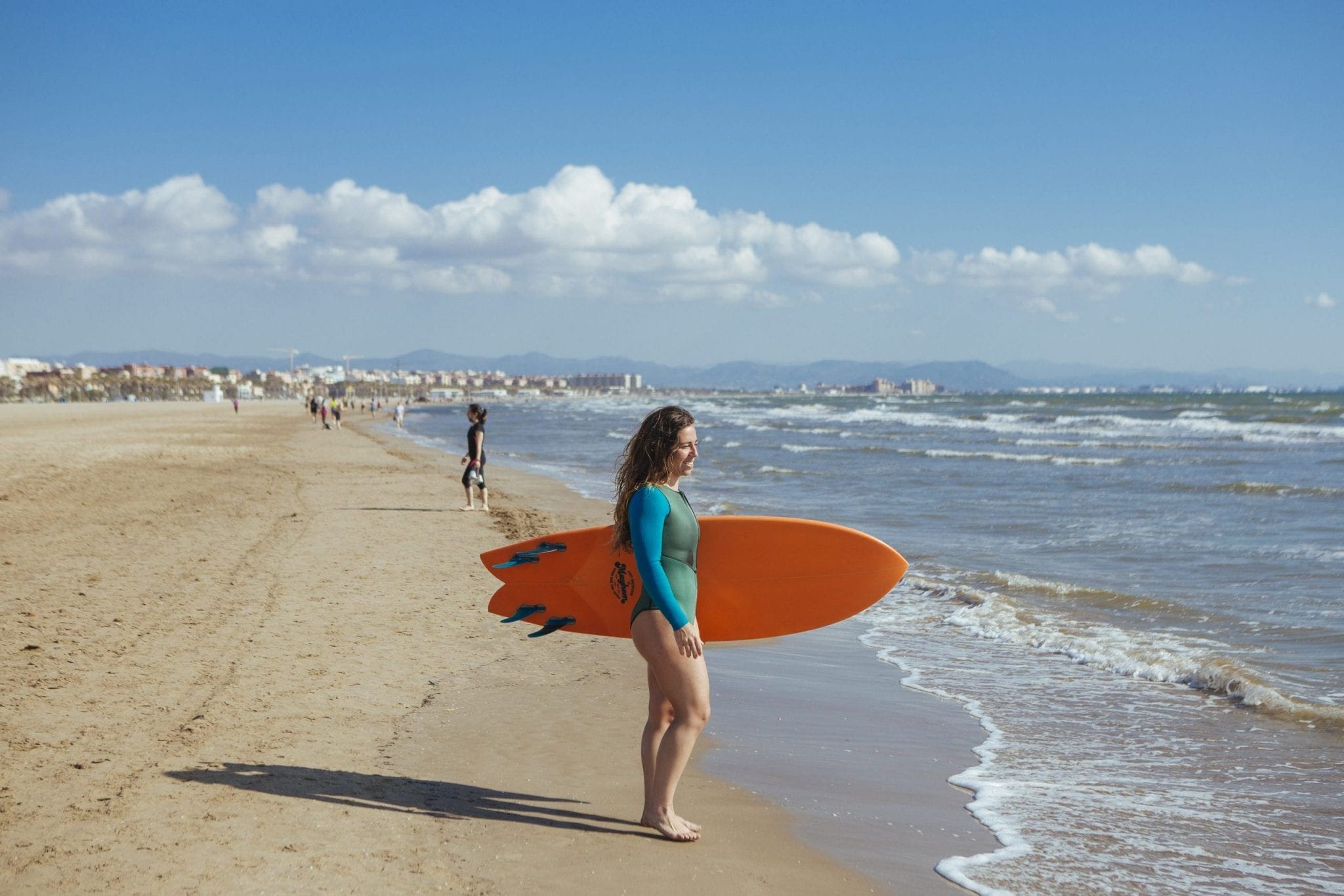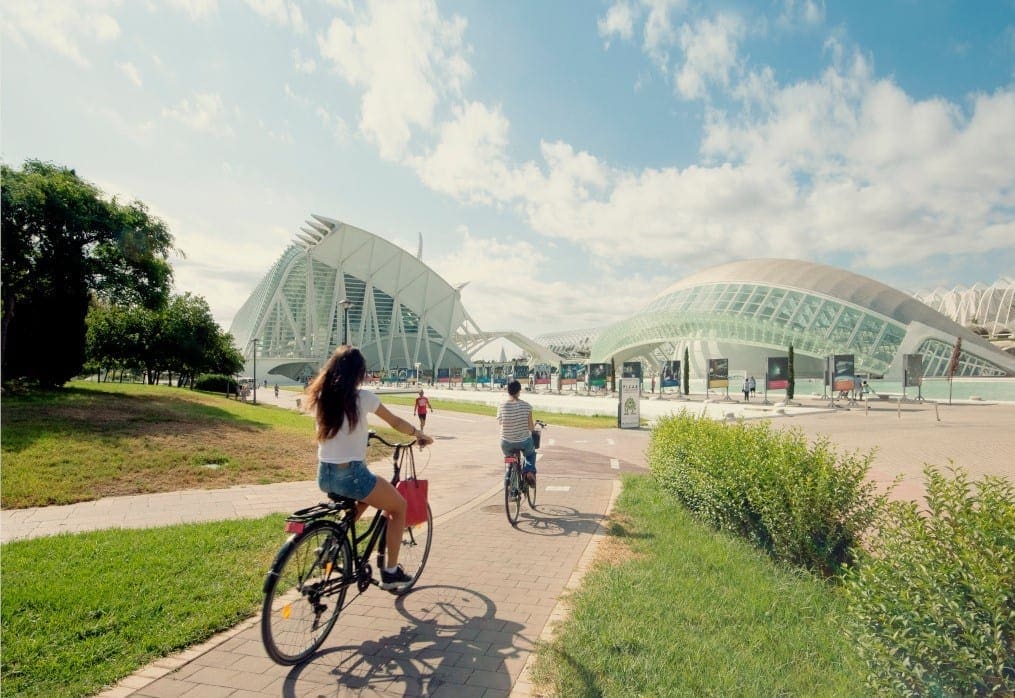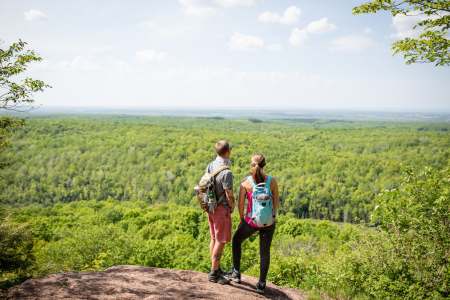Emiliano García, Councillor of Tourism for the Valencia City Council, shares his thoughts on why sustainability is so important for the Tourism of Tomorrow, and the actions the Spanish city is introducing to reduce its tourism carbon footprint.
“Sustainable tourism is incredibly important to the tourism of tomorrow and is one of the biggest travel trends to emerge since the turn of the pandemic,” says Emiliano García, Councillor of Tourism for the Valencia City Council.
Recent studies support García’s claims. ABTA research from October 2020 showed that more than half of consumers believe that in the post-COVID era, the travel industry must reopen in a greener and more sustainable way.
“It is vital that the global tourism industry comes together as a whole to address the challenges of the climate emergency”
“Valencia’s goal has always been to create an integrated sustainable destination management model that benefits both visitors and citizens and makes the city a greener one,” adds García.
“It is vital that the global tourism industry comes together as a whole to address the challenges of the climate emergency as well as the need to recover sustainably after the COVID-19 pandemic.”
In many respects the Spanish city is leading the way towards the tourism of tomorrow having announced its Sustainable Tourism Strategy 2030 last year.
Valencia Sustainable Tourism Strategy 2030

“In 2015, when the Valencia 2020 Strategic Plan began to take shape, the city made a commitment to develop a sustainable tourism model that was more integrated and more accessible for both citizens and visitors, while also generating economic wealth for the city,” says García.
“Through this framework, the agreement with Global Omnium arose. Global Omnium is a Valencian water management company, whose pioneering technology enabled us to calculate our carbon footprint generated by tourism and, subsequently, audit it.”
The first step of the project – to calculate the carbon footprint of tourism has now been taken.
According to the research, measured tourism activity in 2019 generated 1.268 billion tons of CO2. Of this, some 81% arose from tourists travelling to Valencia, but only 0.92% to the use of transport within the city.
“We are clear that the path of sustainability must be a path of no return”
Other findings included the fact that only 0.01% of the tourism footprint comes from water consumption and 0.41% from solid waste collection and treatment.
How to Reduce Valencia’s Tourism Carbon Footprint
The second step is to reduce the footprint, followed by compensating for it.
To achieve this, measures will focus on:
- reducing petroleum-derived fuels;
- improving energy efficiency and reducing non-renewable energy sources;
- promoting local products, goods and services;
- enhancing the local economy and the circular economy; and
- monitoring the carbon footprint of each establishment, in addition to measures to reduce and compensate for it.
Towards the Tourism of Tomorrow

Valencia is looking at renewable energy sources, as well as the possibility of a fully electric transport system, due to its flat terrain, and utilising the ability of natural spaces, such as La Albufera or Turia Gardens, to absorb CO2.
Read our commitment to a Clean and Green Future for Travel and Tourism, or find out more about Montenegro’s drive for responsible and sustainable tourism.
The city has two million square metres of gardens, including the Turia Gardens and the Viveros, which act as Valencia’s ‘green lungs’ absorbing carbon emissions, as well as 20 kilometres of European Blue Flag beaches. There are also some 150 kilometres of cycle paths and 40 ciclocalles (“cycle-priority streets”).
“We are clear that the path of sustainability must be a path of no return,” says García. “The present situation, generated by COVID 19 and which has led to the cease of tourist activity, will require greater coordination between the public and private sectors in order not to take a step back on what has already been achieved.”
Perhaps Valencia is leading the way for other tourism departments to follow?
For more information on what Valenica is doing for the tourism of tomorrow, go to Visit Valencia.



